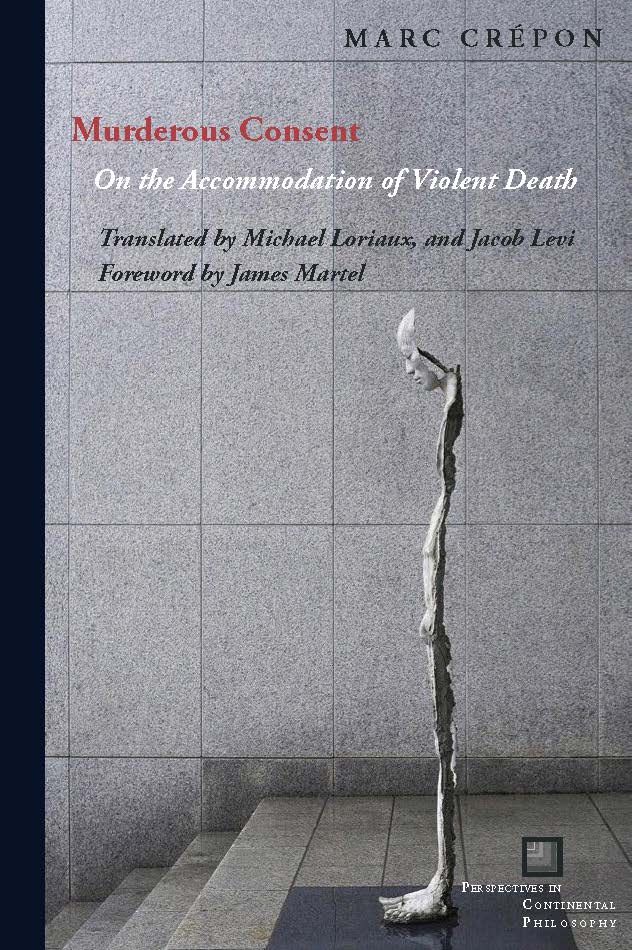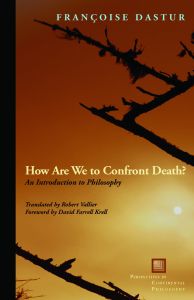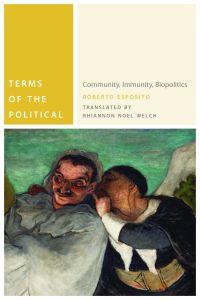Murderous Consent
On the Accommodation of Violent Death

This book can be opened with

Winner, 2002 French Translation Prize for Nonfiction
Murderous Consent details our implication in violence we do not directly inflict but in which we are structurally complicit: famines, civil wars, political repression in far-away places, and war, as it’s classically understood. Marc Crépon insists on a bond between ethics and politics and attributes violence to our treatment of the two as separate spheres. We repeatedly resist the call to responsibility, as expressed by the appeal—by peoples across the world—for the care and attention that their vulnerability enjoins.
But Crépon argues that this resistance is not ineluctable, and the book searches for ways that enable us to mitigate it, through rebellion, kindness, irony, critique, and shame. In the process, he engages with a range of writers, from Camus, Sartre, and Freud, to Stefan Zweig and Karl Kraus, to Kenzaburo Oe, Emmanuel Levinas and Judith Butler. The resulting exchange between philosophy and literature enables Crépon to delineate the contours of a possible/impossible ethicosmopolitics—an ethicosmopolitics to come.
Pushing against the limits of liberal rationalism, Crépon calls for a more radical understanding of interpersonal responsibility. Not just a work of philosophy but an engagement with life as it’s lived, Murderous Consent works to redefine our global obligations, articulating anew what humanitarianism demands and what an ethically grounded political resistance might mean.
Marc Crépon’s Murderous Consent is a bold and principled argument against the strategic rationality that governs the infliction of violence in our times. Recovering Camus for the present, reorienting Levinas for political thought, Crépon asks us to consider the myriad ways that consent and complicity sustain murderous acts and policies, arguing that we cannot understand violence without taking into account the consent to violence. The debates of Les Temps Modernes turn out to have contemporary salience as Crépon considers the various ways in which a principled opposition to violence is undermined by forms of unacknowledged consent to commit violence. In dialogue with the thought of Kenzaburo Oe, Freud, and Günther Anders, he illuminates what the prohibition against violence means, the meaning of violence itself, and the expanse of life and living beings to which it applies. This book provocatively helps us to rethink settled forms of ethical reasoning that directly or indirectly license violence and lets us imagine a world in which complicit realism gives way to much needed affirmation of non-violence. An all too timely meeting of ethics and politics.—Judith Butler
There are many forms of opposing violence but few take the injunction against murder as seriously and thoroughly as Marc Crépon. . . .Crépon is subverting the entire political apparatus of the liberal (or neoliberal) state which is built precisely on the simultaneous denial and use of murder as its ultimate political tool.—James Martel, from the Foreword
What is refreshing about this approach is that Crépon, in demanding so much of us, does not demand our perfectibility.—James Martel, from the Foreword
Marc Crépon is Chair of Philosophy at the École Normale Supérieure, Paris, and Research Director of the Husserl Archives. He is one of France’s leading voices in contemporary political and moral philosophy and is the author of The Thought of Death and the Memory of War (Minnesota) and The Vocation of Writing: Literature and Philosophy in the Test of Violence (SUNY).
James Martel (Foreword By)
James Martel is Professor and Chair of Political Science at San Francisco State University. His most recent book is The Misinterpellated Subject (Duke).
Michael Loriaux (Translator)
Michael Loriaux is Professor of Political Science at Northwestern University. He is the author of European Union and the Deconstruction of the Rhineland Frontier (Cambridge) and Europe Anti-Power (Routledge).
Jacob Levi (Translator)
Jacob Levi is a doctoral candidate in Comparative Thought and Literature at the Johns Hopkins University.
Foreword by James Martel | ix
Introduction | 1
1 Justice | 17
2 Life | 46
3 Freedom | 75
4 Truth | 109
5 The World | 140
Conclusion | 173
Appendix. Friendship: A Trial by History | 181
Notes | 195
Index | 213




